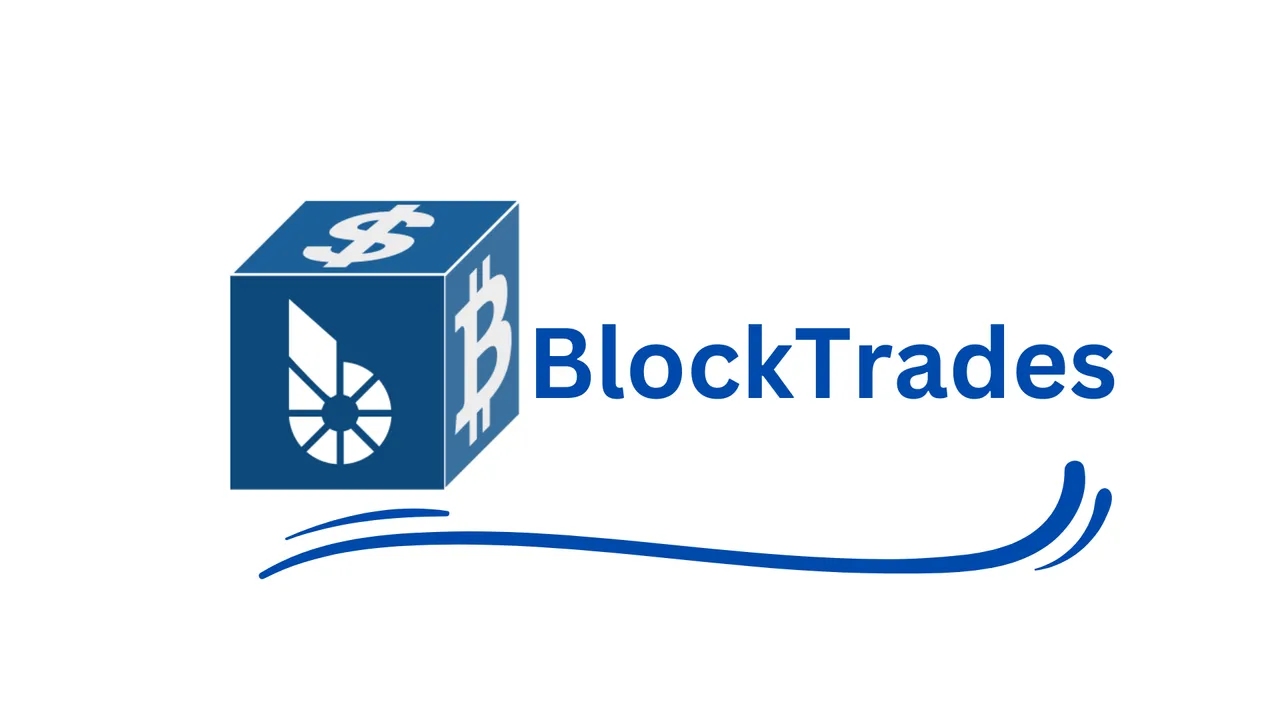If you are a US citizen or resident who uses BlockTrades to exchange cryptocurrency, you may have some bad news. BlockTrades, a leading service for quick and simple crypto trading, has decided to pause its services for US customers as a precautionary measure in the face of changing regulations in the US.

@blocktrades posted on Hive that they made this decision because the SEC’s definition of a security token is unpredictable and depends on who has the authority. BlockTrades stated that they see no choice but to end the service for US customers to avoid potential legal troubles.
BlockTrades will keep existing accounts open for US customers until June 1 2023 to enable download of trading records, but those accounts will no longer be able to use the trading service. BlockTrades also apologized for the inconvenience and expressed their regret for having to take this step.
The announcement has sparked a lot of reactions from the Hive community with many expressing their disappointment, frustration, and anger at the US government for killing innovation and creating barriers for cryptocurrency adoption. Some also asked if there is a way to create a decentralized service that can provide a similar mechanism as BlockTrades without being subject to jurisdiction or regulation.
BlockTrades is not the first crypto service to stop serving US customers due to regulatory issues. Several other platforms, including Binance, BitMEX, ShapeShift and Poloniex have also limited or prohibited US users from using their services before. This trend shows how challenging it is for crypto businesses to operate in the US market, where the rules are unclear and inconsistent.
How do you cope with this news? How will it affect you if you are a US customer of BlockTrades? Is this problem solvable in any way? I value your feedback in the comments.
The logo is from blocktrades’ Twitter account and I modified it in Canva.